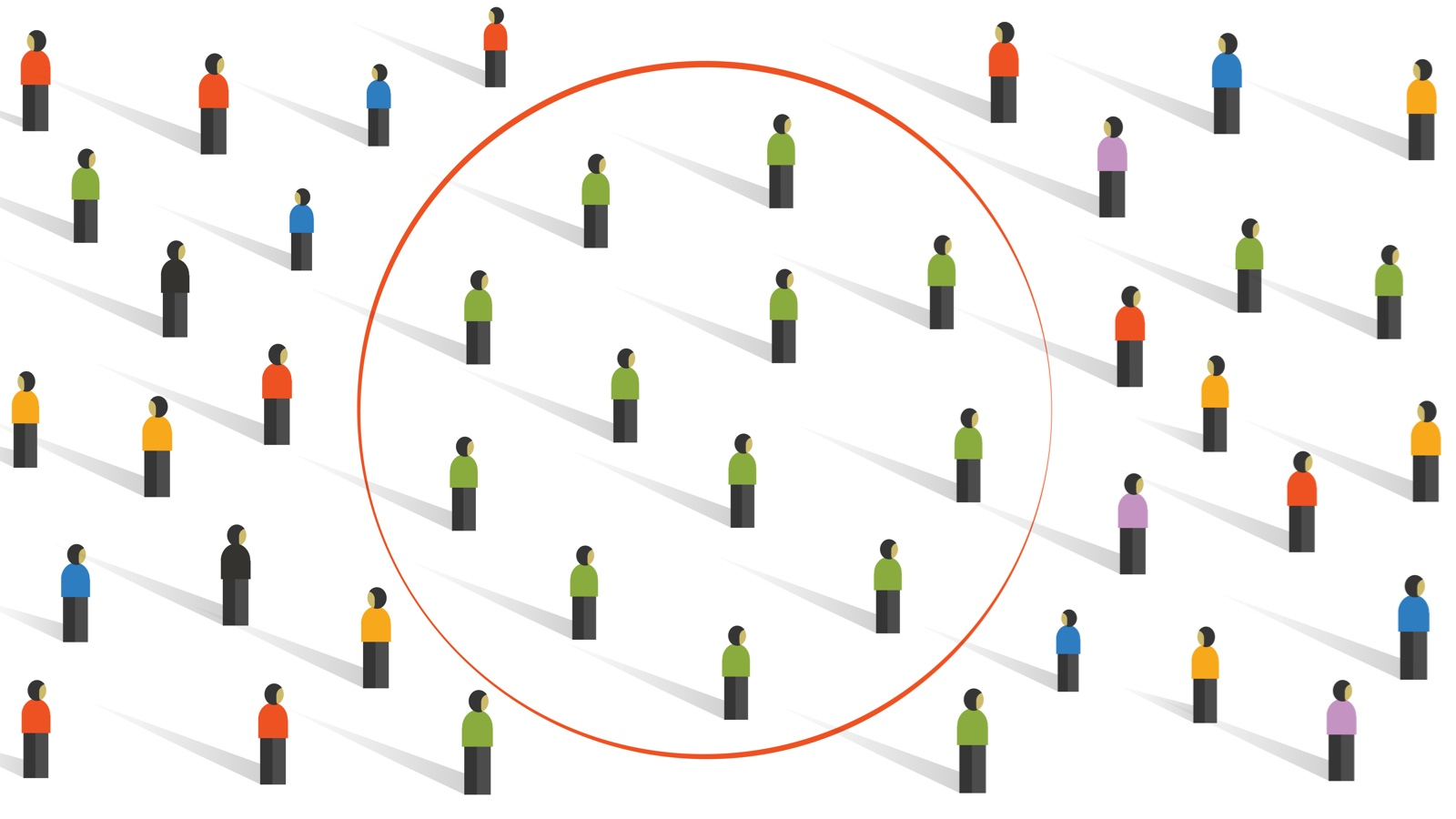I'd say that my relationship with technology is better than average, but it still has room for improvement. Reflecting on my habits and tendencies surrounding technology (especially phones), I've come up with some good and some bad:
The good:
Avoiding doomscrolling
Although I'm not perfect with it, I do try to make efforts to avoid doomscrolling. Since I don't have TikTok, Instagram is the other biggest source of this for me. I've implemented things like pop-up reminders every ten minutes to interrupt scrolling and sometimes will go on sprees of hitting "Not Interested" when too many of those toxic, incendiary posts start to crop up.
Creative Endeavors
Although there's a lot of bad stuff to consume on social media, there's also a lot of good that can come from it. I've found a lot of great stuff like new games, shows, comics and the like through social media that I probably would have never found (and may have never even existed) otherwise. These things are enjoyable in their own right but can also serve as great inspiration for my own creative projects.
Connecting with friends
One of the undeniably great benefits of today's technology is its ability to connect people. I myself often use places like Discord and online games to chat with friends, and it's also a great place to follow updates on things like school clubs.
The bad:
High screen time
It's easy to think your screen time isn't that high when you only use your phone in short bursts, but I've found it quickly adds up to more than you'd think. I have a phone screen time average of around 5 to 6 hours a day, which is actually below average for college students. I'm still pushing to get it down even lower, since it's hard not to look at those numbers and wonder what else could've been done with that time.
Hard time focusing on work
Sitting down to work for long periods of time can be really difficult because of social media. My phone sitting there can oftentimes be irresistibly tempting when I'm trying to get work done, especially if it's an assignment that's not easy to work on. I've tried a couple things, like keeping my phone out of arm's reach, but the best tactic to combat this I've found is to have an easy assignment or two I can knock out fairly quickly before starting on more difficult stuff. I work best when I find that I'm making real, immediate progress.
Non-phone screen time
When I talk about screen time, I'm almost exclusively referring to phones. But the fact of the matter is, that's not the only screen time that matters. I often feel like everything I do is on my computer. Schoolwork is done almost exclusively on my computer, and my hobbies like art (mostly digital) and video games are also on a computer. It's really hard to find things to do that don't require a device in some way or another.
The matter of technology's place in our lives is also made more complicated by my major of Game Design, a field that quite literally wouldn't exist without modern technology. Not only in the technical capabilities of computers themselves, but the internet has also changed the scene a lot. Platforms like YouTube and Udemy have made learning game design far more accessible, social media allows never-before-seen ease in marketing, building a fanbase, and even crowdfunding, and platforms like Steam or Itch.io allow for people to publish games digitally, which is far more attainable and resource-light for small developers than trying to publish physical copies of games onto store shelves.
These reasons are why I believe that, although I have some bad habits and don't always use technology in ways I should, I have a better relationship with technology than average. Especially considering my interests and career path demand high technology use, it's paramount for me to build good, responsible habits around it.














